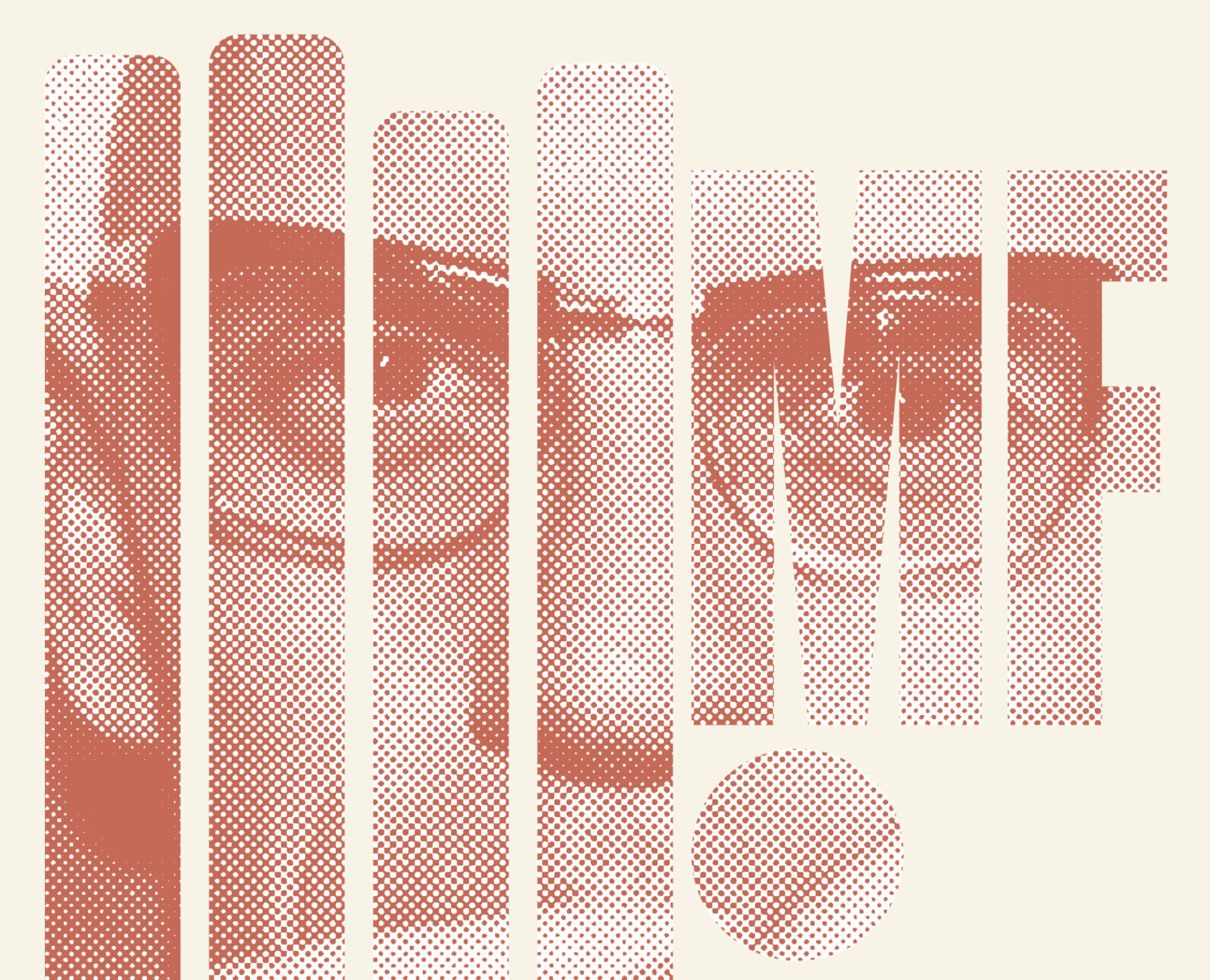Associate Professor of Greek History at the University of Strasbourg (France)
The Will to Knowledge in Process : The emergence of ancient sexuality in the 19th and 20th centuries in light of Foucault
In the 1970s, Michel Foucault successfully investigated the constitution of the “apparatus of sexuality,” from the 18th century to the 20th. He also turned his attention to Greco-Roman antiquity, describing its “regime of aphrodisia”. It is therefore is useful to examine, from a Foucauldian perspective, how the sexuality of “the Ancients” became, during the 19th and 20th centuries, an object of scientific interest and a historical reality.
Between the temptation of linguistic classification to the “mores of the Greeks” of the early 20th century, from positivist history to the anthropological comparison of cultures, from classicist activists for the homosexual cause in Germany in the 1900s to Paul Veyne’s studies at the Collège de France, the Greeks and Romans became the object of scientific discourse using a variety of technologies, the object of a will to knowledge about sex. Reading Foucault’s work, forty years on, provides an opportunity to reflect on how the “sexuality of the Ancients” paradoxically forms a part of the modern apparatus of sexuality, and therefore a part of ourselves.

Sandra Boehringer is Associate Professor of Greek History at the University of Strasbourg (France). Her work focuses on questions of gender and sexuality in classical antiquity and Foucault’s influence on our understanding of ancient worlds.
She is the author of Female Homosexuality in Ancient Greece and Rome (Routledge, [2007] 2021). Boehringer has edited Après Les Aveux de la chair: Généalogie du sujet chez Michel Foucault (Epel, 2020) with Laurie Laufer and Foucault, la sexualité, l’Antiquité (Foucault, Sexuality, Antiquity (Routledge, 2022) with Daniele Lorenzini.
She is co-translator into French of John Winkler’s Constraints of Desire, Maud Gleason’s Making men, and the collective Before Sexuality: The Construction of Erotic Experience in the Ancient Greek World (D. Halperin, J. Winkler, F. Zeitlin ed.), and is currently co-directing, with Laurie Laufer, the translation of Gay Shame (D. Halperin, V. Traub ed.), to be published by Epel in 2024.
For several years she ran a seminar at the EHESS (Paris, Centre Gernet) with Claude Calame, on how anthropological comparison with distant societies enables us to perceive the processes at play and to rethink today’s world.
